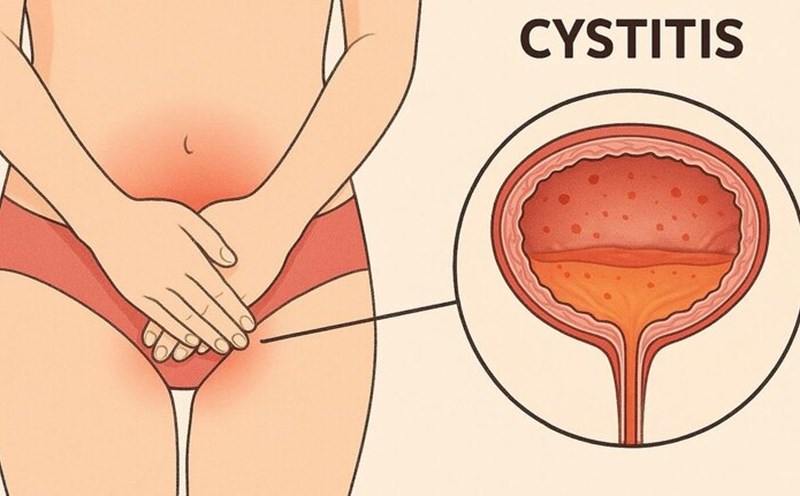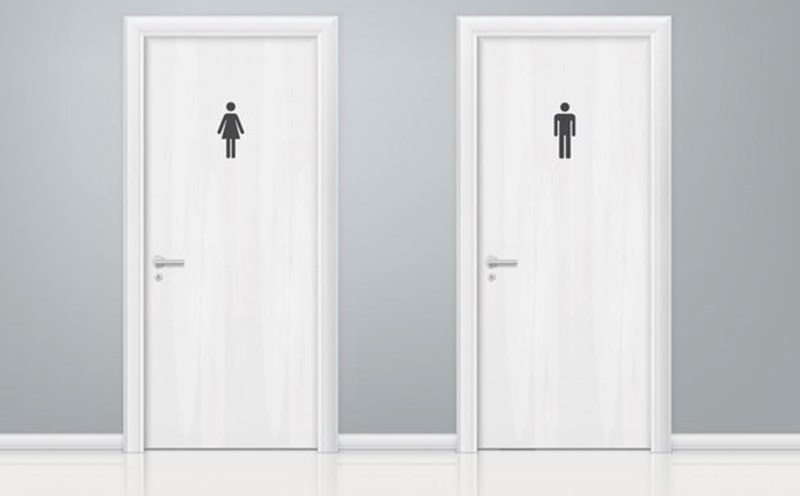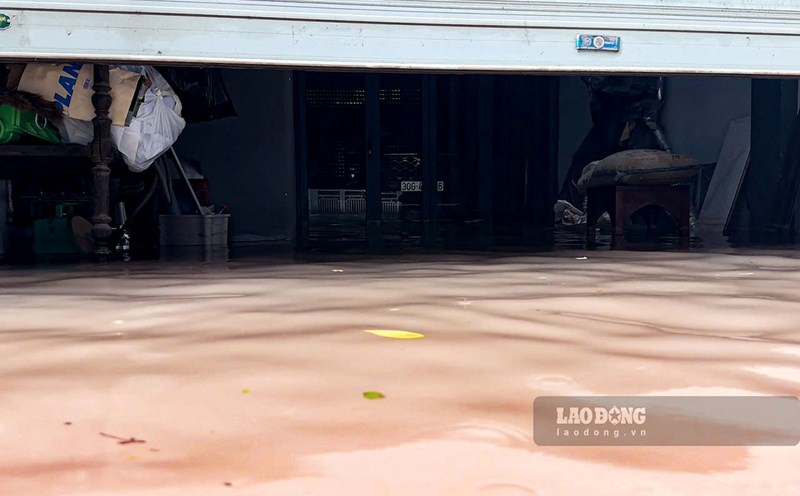Going to the toilet seems to be a very natural activity, but the way we urinate has a direct impact on the health of the bladder and pelvic floor muscles. Some seemingly harmless habits can actually increase the risk of urinary disorders, pelvic organ failure or even urinary incontinence.
Harmful habits when urinating
Dr. Omer Anis - urologist at Cleveland Clinic (USA) - said that many people often have the habit of practicing Kegel right after urinating by turning off water. This was once considered a way to test pelvic strength, but repeating it can disrupt the natural relaxation reflex of the pelvic floor, causing the bladder to not be completely emptiness, she explained. According to her, Kegel should be done when the bladder is empty, not during urination.
Another mistake is to urine strongly, which is trying to suck or stretch the abdominal muscles to push urine out faster. Research shows that if this action is prolonged, it will increase bladder pressure, easily disrupt urinary function and even sagging pelvic organs, Dr. Anis emphasized.
In addition, sitting on the bridgehead instead of sitting down is also a harmful habit. This position causes the pelvic floor muscles to always be tense, leading to intermittent urination. A simple solution is to sit comfortably, to relax your body.
Another common mistake is taking a urinary tract, forcing yourself into the bathroom even though you are not feeling urine problems. According to Dr. Anis, the best way is to only go to the toilet when there is a real need, on average 3 - 4 hours/day.
The importance of urinating properly
Dr. Alexis E. Te - urology professor at Icahn School of Medicine, Mount Sinai (USA) - said: "The pelvic floor muscles need to coordinate smoothly, relax when urinating and contracting to maintain control. Habits such as being in a hurry, dipping strongly or interrupting the flow can disrupt this coordination, leading to urinary incontinence, frequent urination and urinary tract infections".
In addition, drinking enough water is also an important factor. If the body is dehydrated, urine will be concentrated, causing bladder irritation. Not only that, strong stools when doing bowel movements due to constipation or lack of fiber also increase abdominal pressure, becoming a risk factor for pelvic floor and urinary incontinence.











